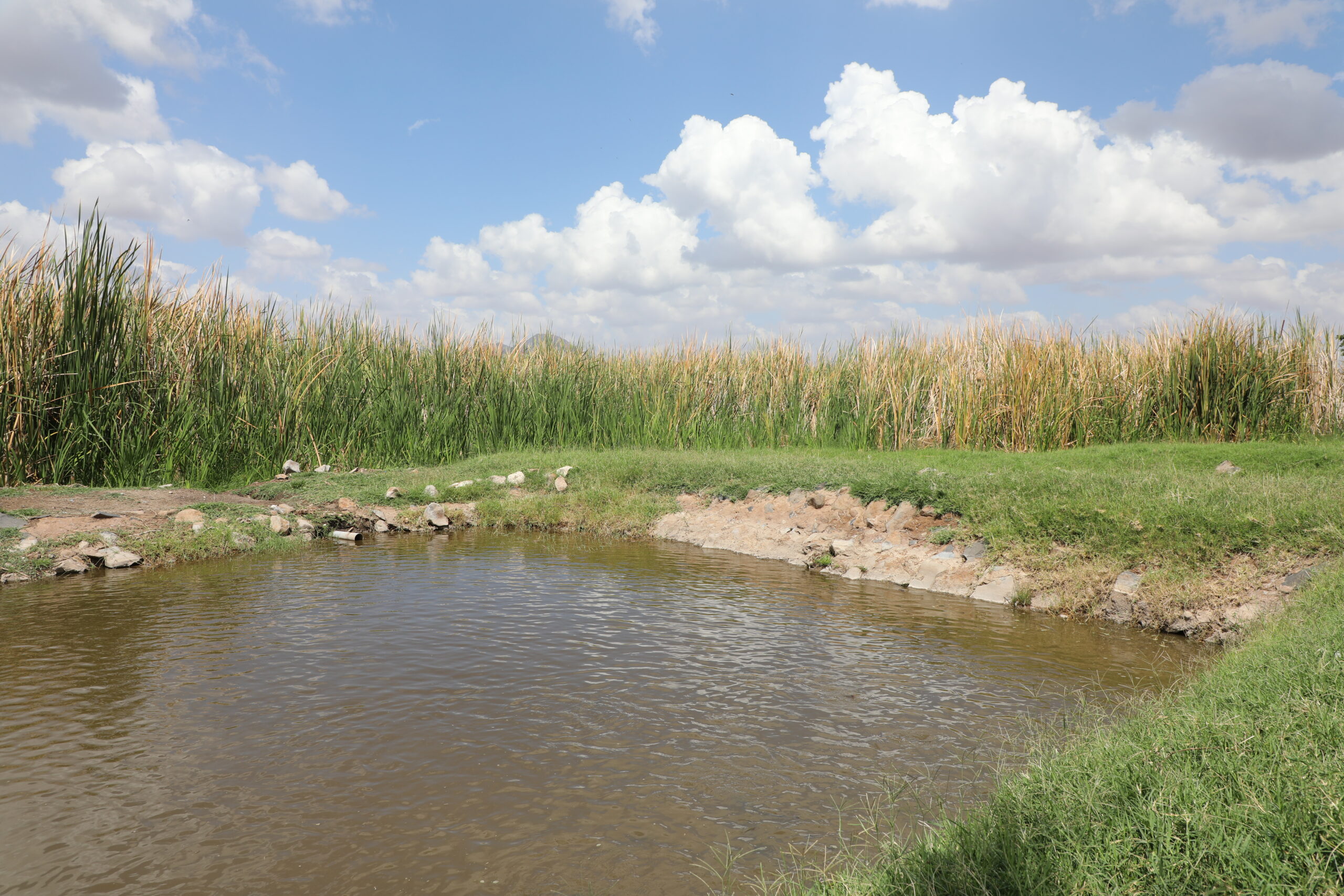THE ENVIRONMENT MANAGEMENT AND CO-ORDINATION DRAFT (DEPOSIT BONDS) REGULATIONS, 2014.
This Regulation shall be applicable to the activities, industrial plants and undertakings which have or more likely to have adverse effects on the environment. The purpose of these Regulations is to ensure:-
- Good environmental practices;
- Adequate remediation is achieved without adversely affecting economic viability;
- Compliance with remediation obligations;
- Availability of funds for remediation; and
- Sustainable development.
Any person operating or proposing to operate an industrial plant and undertaking an activity as stipulated in the Deposit Bonds. Register shall be required to prepare a Deposit Bond Assessment Report.
| Title | Type | Link |
|---|---|---|
|
pdf |
Waste Electrical and Electronic Equipment commonly referred to as E-waste is on the rise in Kenya as well as globally. This can be attributed to rapid changes in technology.
Taking cognizance of this, the Government of Kenya through the National Environment Management Authority (NEMA), has developed the draft Environmental Management and Co-ordination (E-Waste Management) Regulations 2013 which will provide an appropriate legal and institutional framework and mechanisms for the management of E-waste handling, collection, transportation, recycling and safe disposal of E-waste. It also provides for improved legal and administrative co-ordination of the diverse sectoral initiatives in management of E- waste as a waste stream in order to improve the national capacity for the management of the E-waste. Government of Kenya through NEMA informs and invites the public to submit comments on the draft regulation in order to pave way for its finalization.
The draft E-waste regulation comments on the Environmental Management and Coordination Act (No.8of 1999) Draft Environmental Management and Co-ordination (E-Waste Management) Regulations, 2013.
This is to bring to the attention of all stakeholders and members of the public that the National Environment Management Authority (NEMA), pursuant to the Environmental Management and Coordination Act (EMCA), Cap 387 has prepared the draft Environmental Management and Coordination (Conservation and Management of Wetlands) Amendment Regulations, 2017 intended to amend the Environmental Management and Coordination (Wetlands, River banks, Lake shores and Sea shore Management) Regulations, 2009.
| Title | Type | Link |
|---|---|---|
|
pdf |
The overall objective of the Environmental Management and Coordination (Conservation and Management of Wetlands) Amendment Regulations, 2017 is to align it to the Constitution of Kenya, 2010, Environmental Management and Coordination Act, Cap 387 and the National Wetlands Conservation and Management Policy, 2015. The Regulations also seek to address emerging issues such as climate change and invasive species.
We therefore invite all stakeholders and members of the public who may wish to submit comments on the draft amendment regulations to do so in writing not later than 16th June 2017.
Comments may be hand delivered, posted or emailed to:
Director General
National Environment Management Authority
Popo Road,Off Mombasa Road
P.O. Box 67839-00200
NAIROBI



